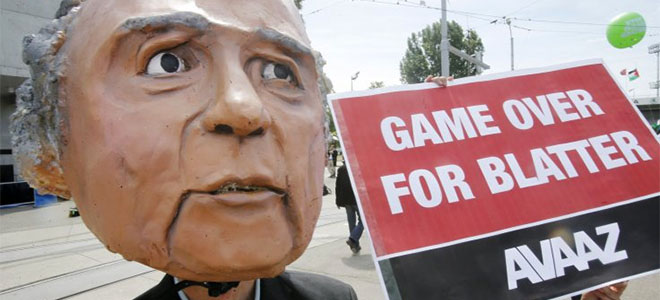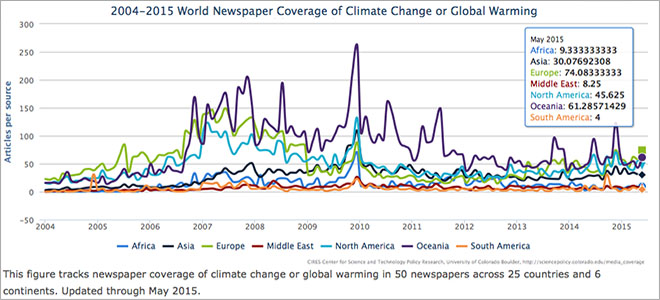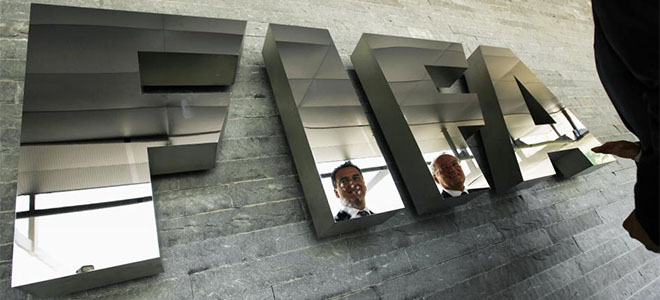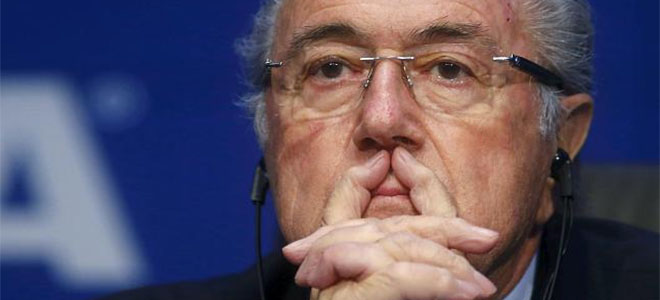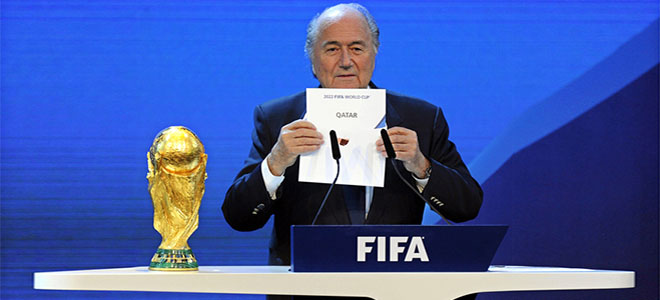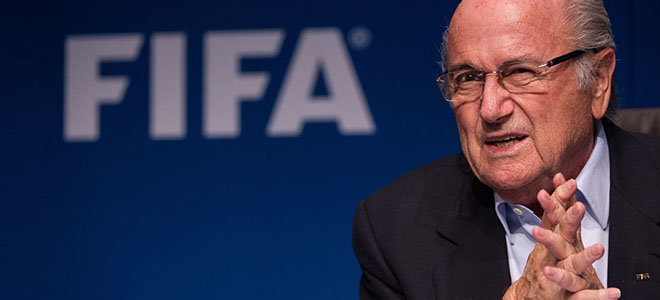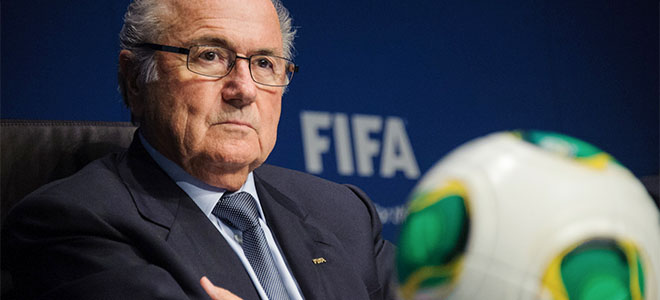
USA Today
June 8, 2015
by Rachel Axon
For the past two weeks, FIFA has been mired in the biggest, and latest, scandal — unsurprising given a history that’s tied soccer with corruption since the organization’s early years.
Faced with expansion in the late 1920s, FIFA looked to move its offices to Switzerland and appoint a permanent secretary there. Before the organization could establish itself in Zurich in 1932, though, it was discovered that then-general secretary Cornelis August Wilhelm Hirschman had embezzled or lost FIFA’s money in financial speculation.
That story — told in FIFA: The Men, the Myths, and the Money by Alan Tomlinson — might not compete with FIFA’s current scandal, in which 14 soccer and sports marketing executives have been indicted by the U.S. Department of Justice for racketeering, wire fraud and money laundering conspiracies that enriched themselves by corrupting the world’s most popular sport for more than two decades.
In 1931, when Hirschman resigned, FIFA was a small organization. Some of the world’s biggest soccer federations wouldn’t exist for at least two more decades. But with little oversight, the Dutch banker was able to steal from the organization. After his resignation, the Netherlands’ national association, which he represented, covered the losses and FIFA gave Hirschman a lifelong pension, Tomlinson writes.
Today, the multi-million dollar stakes are higher for FIFA — and far more complicated to address.
“It’s a world monopoly and it just happens to produce the world’s most popular sport,” says Andrew Zimbalist, a professor of economics at Smith College and author of Circus Maximus: The Economic Gamble Behind Hosting the Olympics and the World Cup. “You put those three characteristics together — no regulation, monopoly and most popular sport in the world — and you have an organization that’s going to be enormously powerful.
“This is not going to turn overnight a corrupt organization into a well-functioning, responsive and open democratic organization. It’s just not going to happen.”
Following the surprising resignation of controversial president Sepp Blatter last week — one that came only four days after he was re-elected for a fifth term — FIFA is faced with the biggest opportunity for change in its history, experts said. Whether or how that happens will develop over the coming months and years, but the unprecedented investigation by the IRS and FBI has given rise to cautious optimism that a culture of corruption can change.
“That’s the multi-billion dollar question because FIFA’s got statutes,” says Tomlinson, a professor of leisure studies at the University of Brighton in London. “You would need a root and branch restructuring of FIFA itself.”
ANY CHANGES POSSIBLE
FIFA’s expansion and Blatter’s rise took root as sports became more commercialized. The organization boasted $5.7 billion in revenues from 2011-14, according to the indictment. With so much money to be made and virtually no oversight, corruption was inevitable, experts say.
The difference now is the weight of the U.S. government, something that has ignited hope that further investigation could help clean up the sport. U.S. officials have said the indictment, which includes 25 unnamed co-conspirators, marks the beginning of the efforts.
“A lot of countries have been hurt by the buying of votes from FIFA, and I think each and every one of those countries is going to be pursuing in their own way this matter,” says Zimbalist.
Changes loom for FIFA, but there is a wide range as to how deep they may reach and when they will be implemented. Blatter will stay on until later this year at the earliest, when an extraordinary session of the FIFA Congress is arranged.
In announcing his resignation last week, he promised “far-reaching, fundamental reforms that transcend our previous efforts” and said the organization needed “deep-rooted structural change.” Experts dismissed the possibility that Blatter would bring reform in his final months in office.
Whatever comes next for FIFA must be rooted in transparency and oversight, they said. Disclosing financials and having an outside board provide oversight are best practices of governance, which FIFA currently lacks, said Roger Pielke Jr., a political scientist and professor at the University of Colorado who has researched FIFA.
“Sepp Blatter stepping down isn’t the end of anything, really. It’s the end of his reign, but it’s the beginning of the reform effort,” said Pielke.
Change could involve everything up to reworking the constitution, examining and changing committees, altering the presidential voting process or giving power back to the federations, said Tomlinson.
FIFA’s one-association, one-vote policy could be reexamined, Pielke. The system gives a vote to more members (209) than exist in the United Nations and gives equal weight to votes from small countries and territories — the U.S. Virgin Islands and Montseratt, for instance — as it does to large soccer powers such as Germany or Brazil. Blatter’s focus on winning support from smaller nations and territories helped him marshall power in FIFA.
“It’s not out of bounds by any means, but it does have consequences,” says Pielke. Read more …





